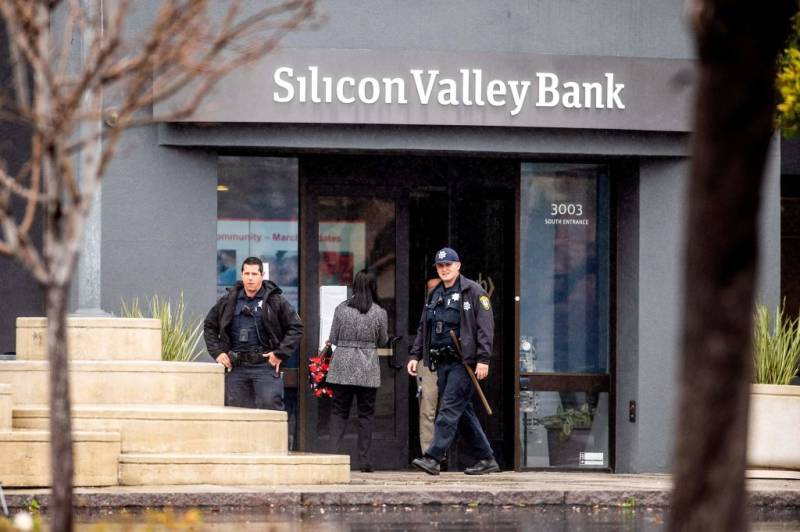After Republicans succeeded in weakening Dodd-Frank and Trump pushed to undermine the Consumer Financial Protection Bureau, an oversight agency created by his predecessor, California moved to bolster its own consumer banking protections.
In 2020, with a push from Gov. Gavin Newsom, the Legislature passed AB 1864, which created the DFPI, with the goal to “improve accountability and transparency in the California financial system.”
The nascent agency’s powers included the ability to regulate financial institutions, especially state-chartered banks, as well as the authority to enforce consumer protection laws.
Kat Taylor, co-founder and board chair of Beneficial State Bank in Oakland, strongly supported the creation of the agency. She says its regulatory functions are critical because the financial sector is so influential.
“It’s a far bigger industry than any other industry, and it fuels all other industries,” Taylor said, noting that more state and federal oversight of the financial industry is needed. “So we don’t understand it at our peril. And it’s complicated.”
Despite repeated requests for interviews this week as the bank crisis continued unfolding, DFPI declined to grant an interview to KQED. Four days after the news broke, and 24 hours after they were first contacted, agency spokesperson Elizabeth Smith emailed a one-sentence statement: “We are actively investigating the situation and conducting a thorough review to ensure the Department is doing everything we can to protect Californians.”
State Sen. Monique Limón (D-Santa Barbara), who authored AB 1864 and now chairs the Senate Banking and Financial Institutions Committee, said she wasn’t faulting the DFPI for the bank’s collapse, but does have plenty of questions for the agency she helped create.
“It’s very fair for legislators to be asking a lot of questions about an agency and wanting to understand what happened,” she said.
“You know, I’ve started to write down some of the questions from other members who maybe don’t serve on banking and finance, who don’t have the same purview in terms of the subject-matter area, but who are impacted because they have constituents who are impacted.”
Limón promised transparency in the coming months as state lawmakers further investigate the bank’s failure.
“We also want to ensure that we are reviewing our own state laws [to determine] what laws allow for something like that to happen,” she added. “Sometimes the silence or absence of laws is what allows things to occur. And certainly we’re going to be looking at all of that.”
That sentiment was echoed by Assemblymember Grayson.
“I think we have to face reality: There was a bank run, which means something didn’t go right,” Grayson said. “But we had a process to deal with that. And now we get to do a follow-up investigation and figure out how in the future do we prevent that kind of thing from happening again.”

